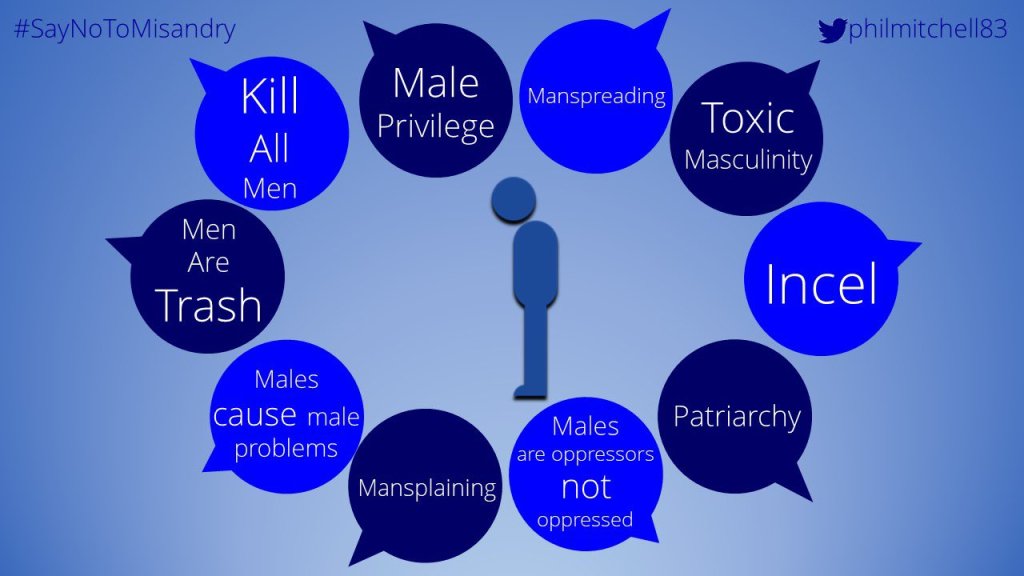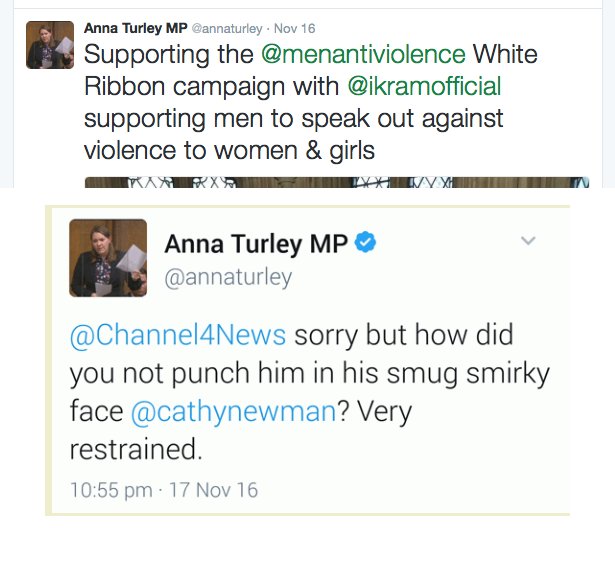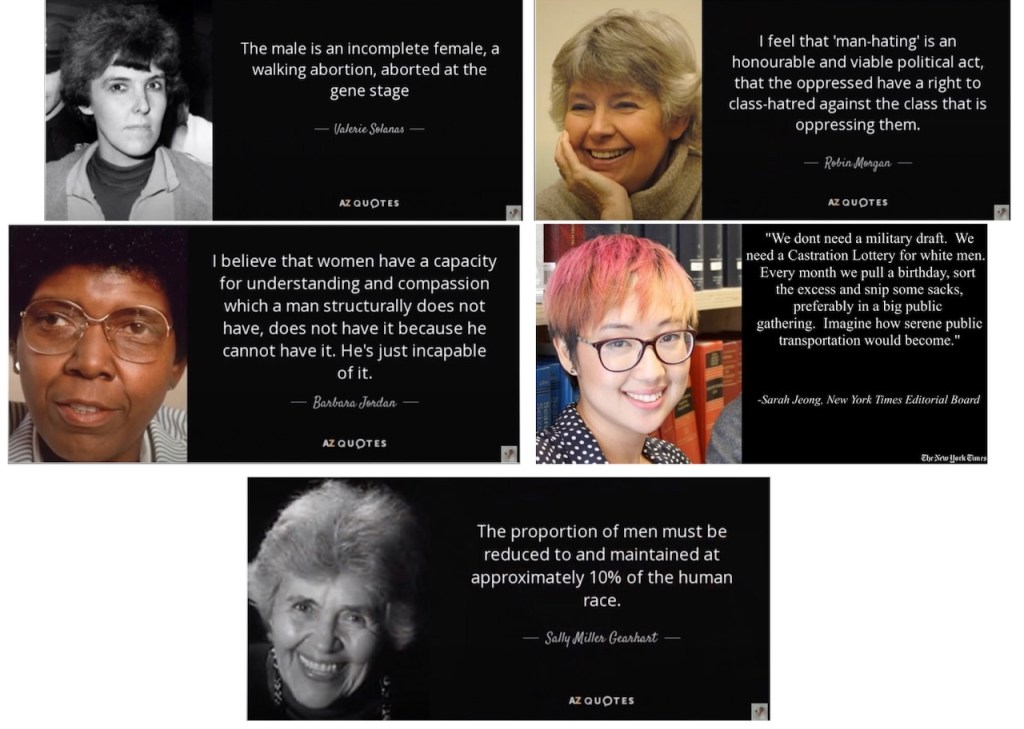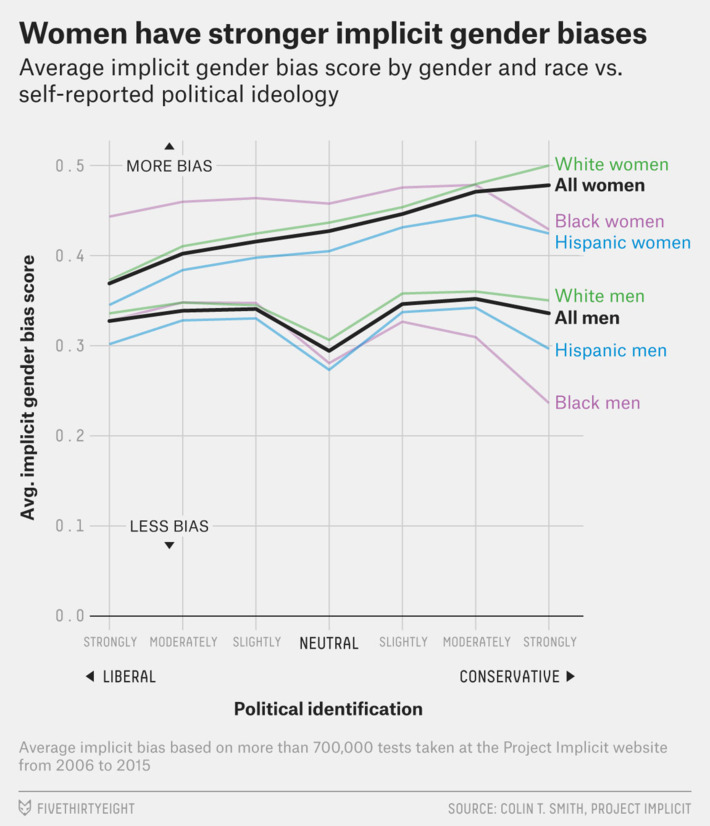
A recent academic publication from ‘Psychology of Women Quarterly,’ claims to show that women in general and feminists in particular do not have a negative view of men (see here). The study has attracted interest in the mainstream media and bloggers – see here for example). As you might expect, there are a number of problems with the study. The bar has always been set low when it comes to feminist publishing.
The first and most obvious problem is the criterion for judging misandry is very different to the one feminists use for the accusation of misogyny. When is comes to misogyny, anything goes. In recent months it has been applied to not liking the Barbie movie, anything short of uncritical adulation of women’s football, or merely disagreeing with a feminist point of view. Misogyny is the new blasphemy and anyone disagreeing with orthodox feminist liturgy can be labelled misogynist. The accusation of misogyny has become tool to suppress dissent. An obvious problem with is that when a real misogynist comes along, such as Andrew Tate, the word has been robbed of meaning.
Take Laura Bates’s book “Men Who Hate Women’ which is reviewed here. That book lumps together all forms of mens activism with misogyny and that other catch-all term ‘incel culture.’ Even Mike Pence, who is married, is sucked into this net because, out of fidelity to his wife, he claimed he would not dine with another woman alone.
So, if you are to assess the prevalence of misandry among feminists, you have to reverse criteria feminists use for the accusation of misogyny. For example, disagreeing the opinion of an MRA or not liking men’s football and so on.
There is, of course plenty of evidence of misandry among feminists, it is the water they swim in and they probably do not even notice. One only has to look at daily newspapers, your local bookstore, academia or twitter to see how socially acceptable the hatred of men has become.

Even in mainstream newspapers the hated of men is completely acceptable and even lauded. “Why I hate men’ by Julie Bindel was published in the Guardian. Or take Andrea Dworkin who wrote that “I want to see a man beaten to a bloody pulp with a high heel shoved into his mouth, like an apple in the mouth of a pig.” Not a problem for journalists at the Guardian who described her in 2019 as ‘the visionary feminist for our troubled times’.

Or take this tweet from the middle of the Covid19 pandemic when men, predominantly in manual occupations, were nearly twice as likely as women to die . It didn’t come from an immature teenager but from a member of parliament and chair of the Equalities Select Committee. And no, evidence does support the idea that men have worse hand hygiene than women (here) and furthermore the mode of spread COVD19 was aerosols. Take the aftermath of the Jordan Peterson/Cathy Newman debate C4. Rightly, there was condemnation of hostile tweets directed at Cathy Newman but tweets advocating violence against Jordan Peterson were lauded and retweeted. These tweets did not come from lonely or isolated teenagers but from established journalists, such as Kate Bevan and even a labour member of parliament.



Then there is publishing where the most surprising titles can be published

Back to the study in Psychology of Women Quarterly, does it actually tell us anything? The short answer is no. Their approach is clumsy and largely relies on direct questioning. People seldom reveal their true motives or feelings by means of direct questions. Social justice activists would not accept that racism was not a problem by virtue of asking, ‘are you a racist? The response of ‘no, and some of my best friends are ……’ would not absolve you of guilt. In essence that is the approach of these ‘scholars’ and for that reason the study doesn’t tell us very much. One small part of the study looked at implicit bias. However, the sample size was too small to draw useful and generalisable conclusions.

Putting aside for a minute, doubts about the validity of implicit bias tests the evidence is that women show higher levels of implicit bias than men. This issue is covered well by William Collins in his blog, Illustrated Empathy Gap here. He quotes from a book chapter on implicit association tests “One particularly puzzling aspect of academic and public dialogue about implicit prejudice research has been the dearth of attention paid to the finding that men usually do not exhibit implicit sexism while women do show pro-female implicit attitudes.” That pro -female bias could be described as relative misandry. Indeed, relating to the same findings Jesse Singal writes,
“This appears to be a pretty robust finding, and if you translate it into the same language IAT proponents speak elsewhere, it means men don’t have implicit sexism and are therefore unlikely to make decisions in an implicitly sexist manner (women, meanwhile, will likely favor women over men in implicitly-driven decision-making). Even weirder, when you switch to IATs geared at evaluating not whether the test-taker implicitly favors men over women (or vice versa), but whether they are quicker to associate men versus women more with career, family, and similarly gendered concepts, the IAT somewhat reliably evaluates women as having higher rates of implicit bias against women than men do.”
So there you have it. The study in Psychology of Women Quaterly’ tells us nothing. The prevailing evidence, which I shall return to in a my next post points in direction of societal anti-male bias among women and men.
It’s chilling how those quotes above read if you substitute a racial or or religious group. These allegedly progressive women seem to be unaware they are following a well trodden historical path, one which never ends well.
It’s also fascinating that they are given money, power and an uncritical platform to spread this hatred by wealthy and influential organisations, and yet these characters still claim they’re being ‘oppressed’. I suspect a lot of people around the world would be delighted with this sort of ‘oppression’.
LikeLiked by 1 person